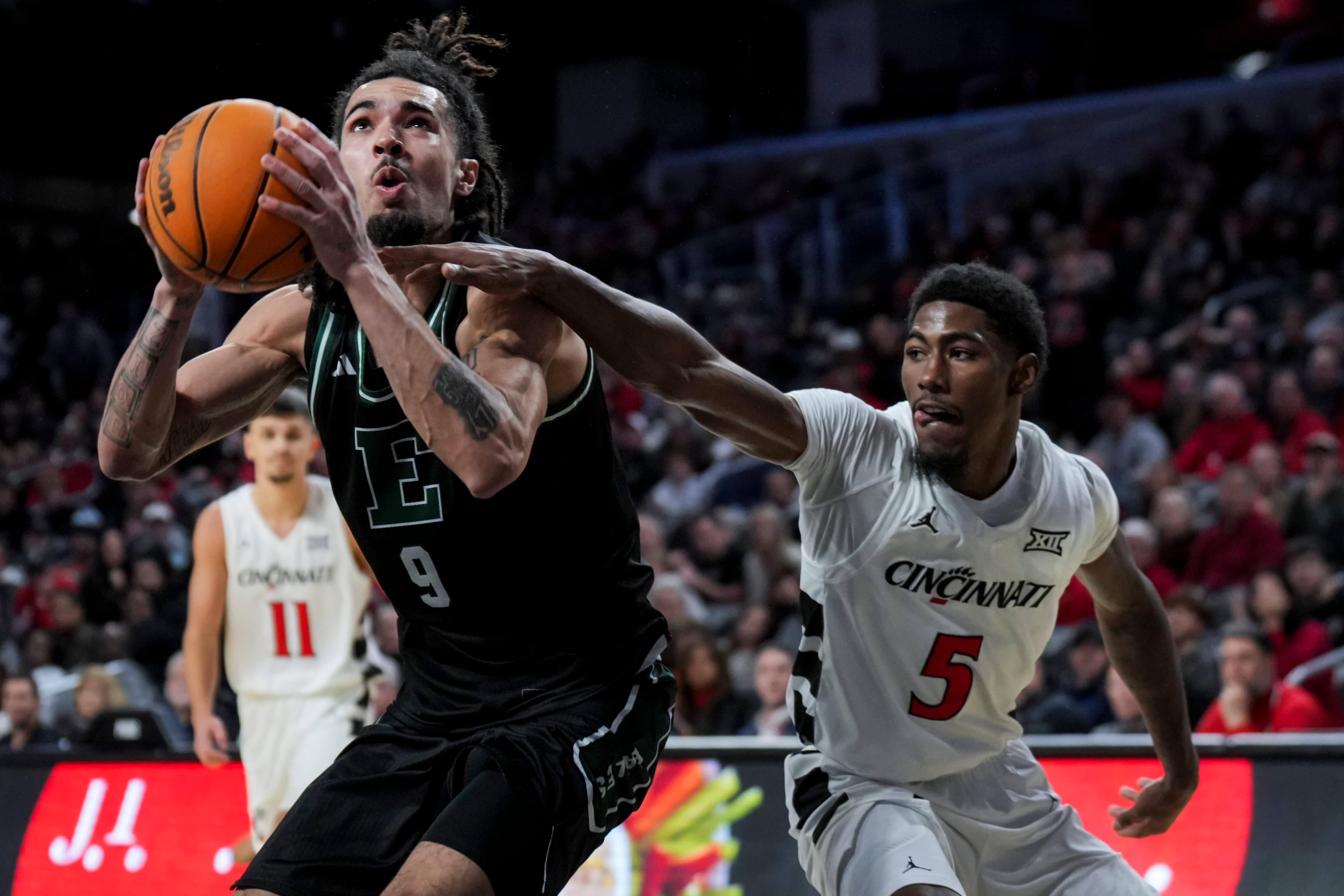Michigan officials are working on rules for the state’s daily fantasy sports operators that would drastically impact the current top operator in the state.
One proposed rule would prevent operators from offering proposition-style fantasy games where players pick athletes or competitors for their entry and then decide whether their selections will go over or under a certain metric. These games resemble Michigan sports betting props wagers.
That’s the type of contest single-player fantasy operator PrizePicks offers.
The change is being considered as the debate intensifies in the U.S. over whether such single-player prop contests are fantasy games or sports betting operations masquerading as fantasy. It’s also not the first time Michigan regulators have tried to make such a change, which appears to go against the wishes of a former state lawmaker who helped pass legislation allowing fantasy sports, sports betting and online casinos, also known as iGaming.
PrizePicks Tops In Michigan Daily Fantasy
Fantasy sports have been licensed in Michigan since 2020. There had been 10 licensed operators in the state, but this year, the Michigan Gaming Control Board reports only six active operators: FanDuel, DraftKings, FFPC, Boom Shakalaka, PrizePicks and RealTime Fantasy Sports.
For the first two years, DraftKings and FanDuel – each of which also runs Michigan sportsbook apps – dominated the state. Those two combined to earn 94.5% of the nearly $17 million of the reported adjusted revenue for 2020 and 96.9% of the $16.2 million in 2021.
Last year, MGCB records show PrizePicks began earning six-figure adjusted revenues. By October 2022, the Georgia-based company surpassed FanDuel as the No. 2 operator in the state. For the year, DraftKings reported $7.9 million in adjusted revenue, PrizePicks $4.4 million and FanDuel $4 million.
This year’s records show PrizePicks has already generated $7.9 million in adjusted fantasy revenue from January to June. DraftKings has $2.7 million, while FanDuel (which operates the FanDuel Michigan sportsbook) has $1.2 million.
PrizePicks’ adjusted revenue from fantasy sports for the first six months of 2022 surpasses the adjusted gross revenue totals 12 of the 15 state-licensed sports betting operators have reported this year.
Fantasy operators pay the same 8.4% tax sports betting operators pay in the state. Licenses for fantasy operators are less expensive at $10,000 for the initial cost and annual renewal fees of $5,000. Sports betting operator licenses are 10 times more.
Decision Likely Within A Month
According to MGCB spokesperson Lisa Keith, staffers from the regulatory agency filed the rules on June 27 with the state legislature’s Joint Committee on Administrative Rules.
“We anticipate JCAR will take them up for consideration this fall,” Keith said in an email to BetMichigan.com.
Under JCAR’s rules, there is a window of 15 full legislative session days for the committee to review proposed regulations. Full legislative days mean that both the state House and Senate are in session with a quorum present. During that timeframe, the committee can waive the remaining time and allow the proposed regulations to take effect, demand the MGCB amend the proposal, file legislation to enact the regulations, or file an objection and seek to rescind the rule.
An industry source told BetMichigan they expect the 15-session-day window to run out in mid-September. If JCAR takes no action by then, the rules would be considered approved.
Not First Time For Considering Prop Ban
According to records on the Michigan Administrative Rulemaking System’s website, the MGCB also considered a proposition ban on fantasy sports in late 2021. Nationally, FanDuel and DraftKings (which offers the DraftKings Michigan Sportsbook) had offered DFS for several years before legal online sports betting became widespread. Michigan is now one of more than 30 states where wagering on sports is legal and regulated.
In 2021, executives from PrizePicks and Bally’s Corp., which owned the now-defunct fantasy site Monkey Knife Fight, wrote to the gaming board and asked it to reconsider. In addition, roughly 120 Michigan residents submitted a form-letter email to the MGCB, saying they were PrizePicks customers who wanted to keep playing the prop-based game.
The MGCB also heard from then-state Sen. Curtis Hertel, Jr., who told regulators that their proposal to ban went beyond the legislature’s intent when it passed the fantasy sports bill. In a Dec. 16, 2021, letter, Hertel said lawmakers specifically did not include language from Ohio’s fantasy sports rules banning props and told regulators their proposal “looks to be taken directly” from the neighboring state.
“While it is clear that daily fantasy contests should not be permitted to mimic a wager on the outcome of a sporting match or game, daily fantasy sports in its essence are a form of gaming based on individual athletes’ statistical output in a given contest,” Hertel said.
Hertel’s second term in the state Senate concluded at the end of 2022. Term limits prohibited him from running for re-election last year.
Stay with BetMichigan.com for more industry coverage and the best Michigan sports betting bonuses available.








